Azariya: I acted to protect the children of Hevron
July 24, 2016Elor Azariya, the soldier charged with manslaughter over the shooting of a wounded terrorist in Hevron, took the witness stand on Sunday, testifying for the first time in a case that has divided Israelis and led to mass demonstrations on behalf of the accused.
“My aspiration was to be the most combat [oriented position] possible,” said Azariya on Sunday.
“I understood that I’m going to be in the army for three years, and I wanted to be [in the most serious] combat [position] to make the biggest contribution to the state as possible.”
“I wanted to join the Shayetet 13 [naval commando force], but I didn’t make the cut. When I asked to serve in a regular army unit, I was placed in the Kfir Brigade and I was very happy, I was very motivated.”
In describing the background to the shooting, Azariya pointed out the tensions in Hevron, saying that the army’s operating procedure for soldiers stationed there includes an order that “a magazine must be kept in the gun [at all times] and the gun ready for action”.
“Hevron is a hot-spot, the pressure there is very heavy, and the tension is palpable in the air. This is especially true in Tel Rumeida, there are [great] tensions between Jews and Arabs. [People] live there in fear,” Azariya testified.
Azariya described what he called the constant friction between the Jewish and Arab populations, and the role the army plays in protecting “against terror attacks in the Jewish neighborhood in the Tel Rumeida quarter.”
“Each and every day there is an outpost briefing for all the soldiers where they explain how to go up [to Tel Rumeida] for guard duty… they spoke with us about stabbings.”
Azariya recalled the stabbing attack which left one soldier wounded, and the tensions in its immediate aftermath.
Moments after the attack, Azariya received a call “screaming” at him to “get up.”
“I went out of the room not understanding what had happened. I asked the soldier at the guard post what had happened and he told me that there had been a terror attack and Ofir had been stabbed. I ran to the scene and saw Ofir; the commander took me and told me to help Ofir.”
“It all happened so fast, I didn’t even have time to put on gloves, I just pressed on the blood with my hands and tried to calm him.”
“MDA ambulances started to arrive and other paramedics began to come in and started to evacuate Ofir. They started to evacuate him with all of the huge mess going on at the scene.”
At that point, testified Azariya, those present on the scene began warning about a possible bomb on one of the two terrorists.
“’He looks like he has a bomb, we need a bomb squad’. Until then I didn’t even know there was a second terrorist. I looked at him and saw that he had a puffed up jacket, which looked like it was concealing something, unlike the first terrorist.”
Azariya’s suspicions were further raised by the fact that the terrorist was wearing the heavy jacket despite the fact that “It was a hot day that day.”
“During the evacuation [of the wounded soldier], I remembered the warning I had heard about ‘quality terror attacks’, and I realized that this could be that kind of attack. I also remembered that around that time there was supposed to be Purim activities in Hevron, with lots of children.”
Then Azariya described in detail the final moments before the shooting, and what led him to open fire on the wounded terrorist.
“I noticed that he was moving his arms and head. I went over to bring my helmet from the spot where I had been treating Ofir. I turned around and thought about the warning and the Purim festivities for the children of Hevron, and I see the terrorist moving his arms, looking suspicious, and I understood that this [could be] a major terror attack. I pulled out my gun, got in position, yelled out at the people standing around carelessly and complacently, got [the terrorist] in my sights, yelled out “move, move”, and shot the terrorist one time in the head to neutralize him and save the lives of those at the scene.”
The accused blasted the commanders at the scene of the attack.
“I noticed that the knife was close enough [to the second terrorist] for him to reach. The commanders weren’t paying attention. As far as I’m concerned they were not behaving properly.”
Azariya’s testimony comes after his former commander testified against him, claiming that he had fired without justification and that there was no apparent threat from the wounded terrorist.
The defendant has claimed that his commander slapped him after the shooting incident, and that he had warned his commander of the possibility of an explosive device on the terrorist.
On Sunday, the prosecution ridiculed Azariya’s claim, saying the soldier was yet again altering his story.
“Last Tuesday we received a letter from Azariya’s defense attorney,” said Army Prosecutor Nadav Weissman, “claiming that he had remembered new thing, first and foremost claiming that the commanding officer had slapped the accused at the scene [of the incident].”
“This is at least the fourth change in the accused [soldier’s] version of [events], and we will certainly relate to this.”
The testimony Sunday kicks off three days in which the defense will make its case, arguing that Azariya had reason to believe that his life and the lives of his comrades were in jeopardy, and that his actions against the wounded terrorist were legitimate given the circumstances and explosive atmosphere just minutes after a terror attack targeting one of Azariya’s fellow soldiers.
On Monday and Tuesday, the prosecution is scheduled to cross-examine Azariya, questioning his claims that he perceived a clear and present danger to his life and the lives of others on the scene of the terror attack which left one soldier wounded.
Similar posts
-
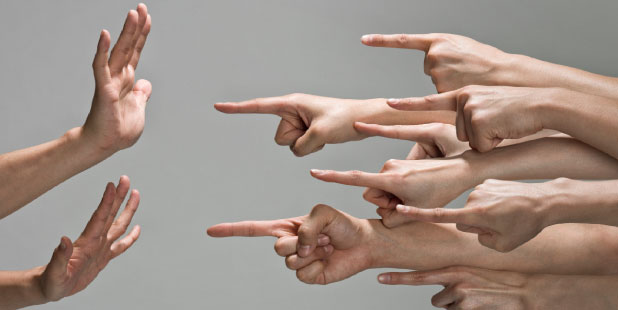
Israel Is Held To A Higher Standard Than Any Country
April 25, 2024In the intricate tapestry of global affairs, one nation stands out for enduring scrutiny and condem...
-
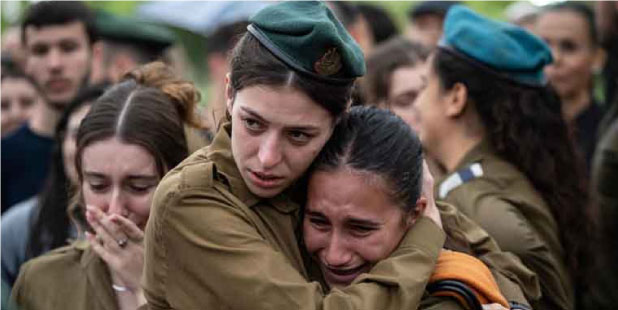
Israel Has The Most Moral Military In The World
April 10, 2024In the heart of a region often riddled with conflict, Israel stands out not only for its technologi...
-
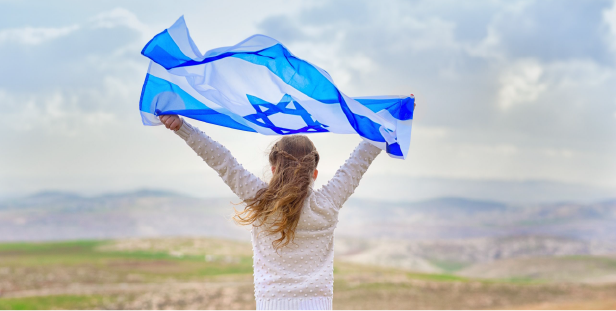
The Resilience of the Israeli People
April 2, 2024Visitors from around the world have seen Hamas's October 7th Massacre's destruction in southern Isr...
-
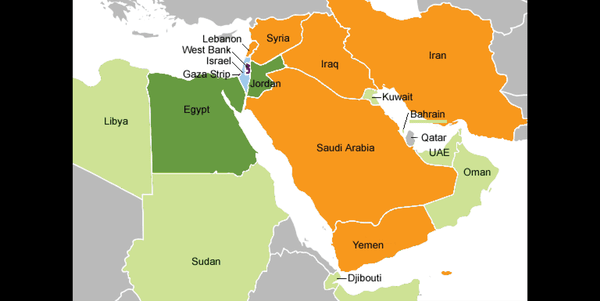
Israel: Small Size, Big Impact
March 21, 2024Nestled along the eastern edge of the Mediterranean Sea, Israel is a land of immense historical sig...
-
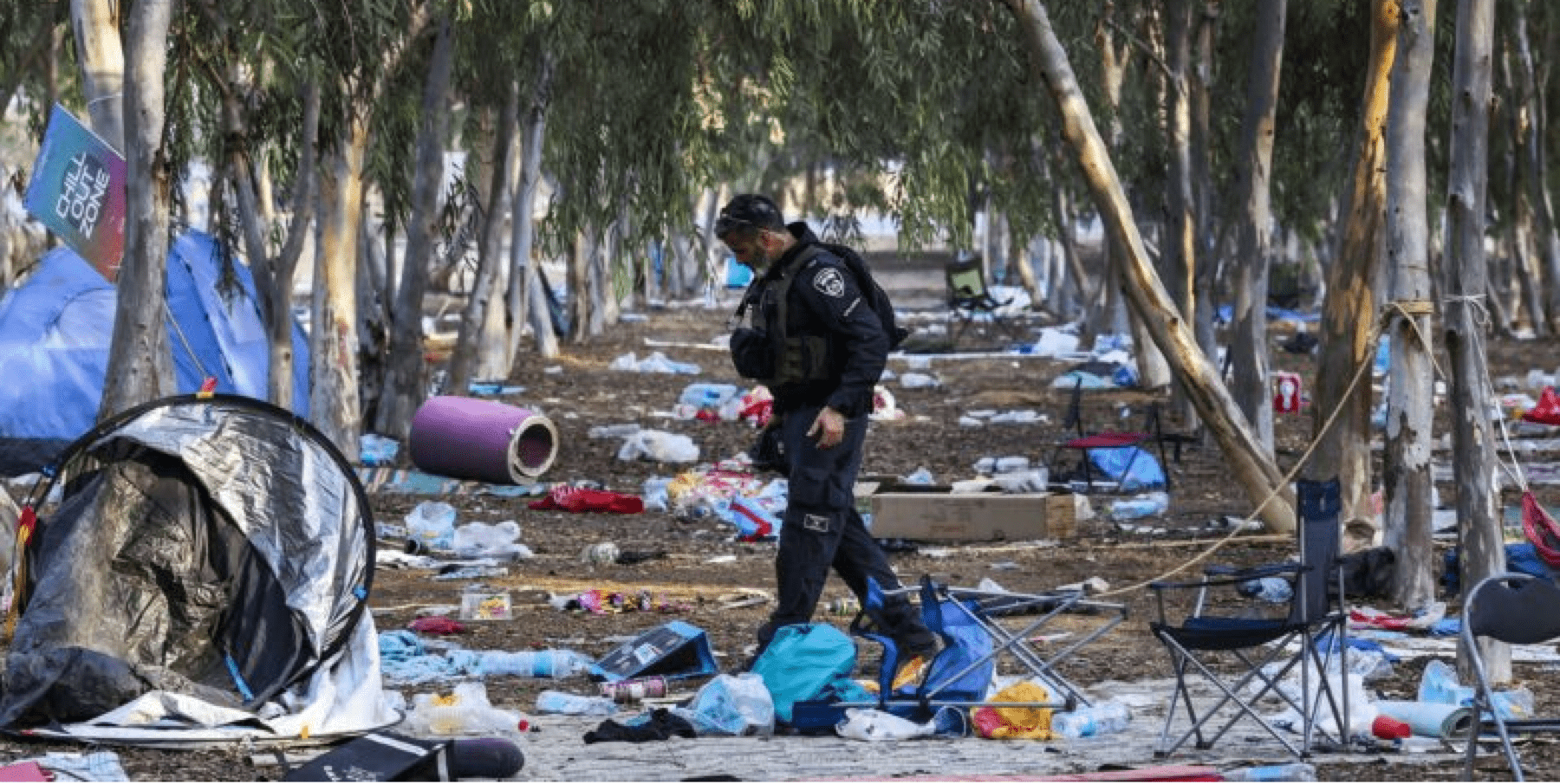
Israelis Are Fighting For Their Lives
February 21, 2024By Jonathan S. Tobin The world looks a lot different from Kibbutz Kfar Aza than it does in the U...
-
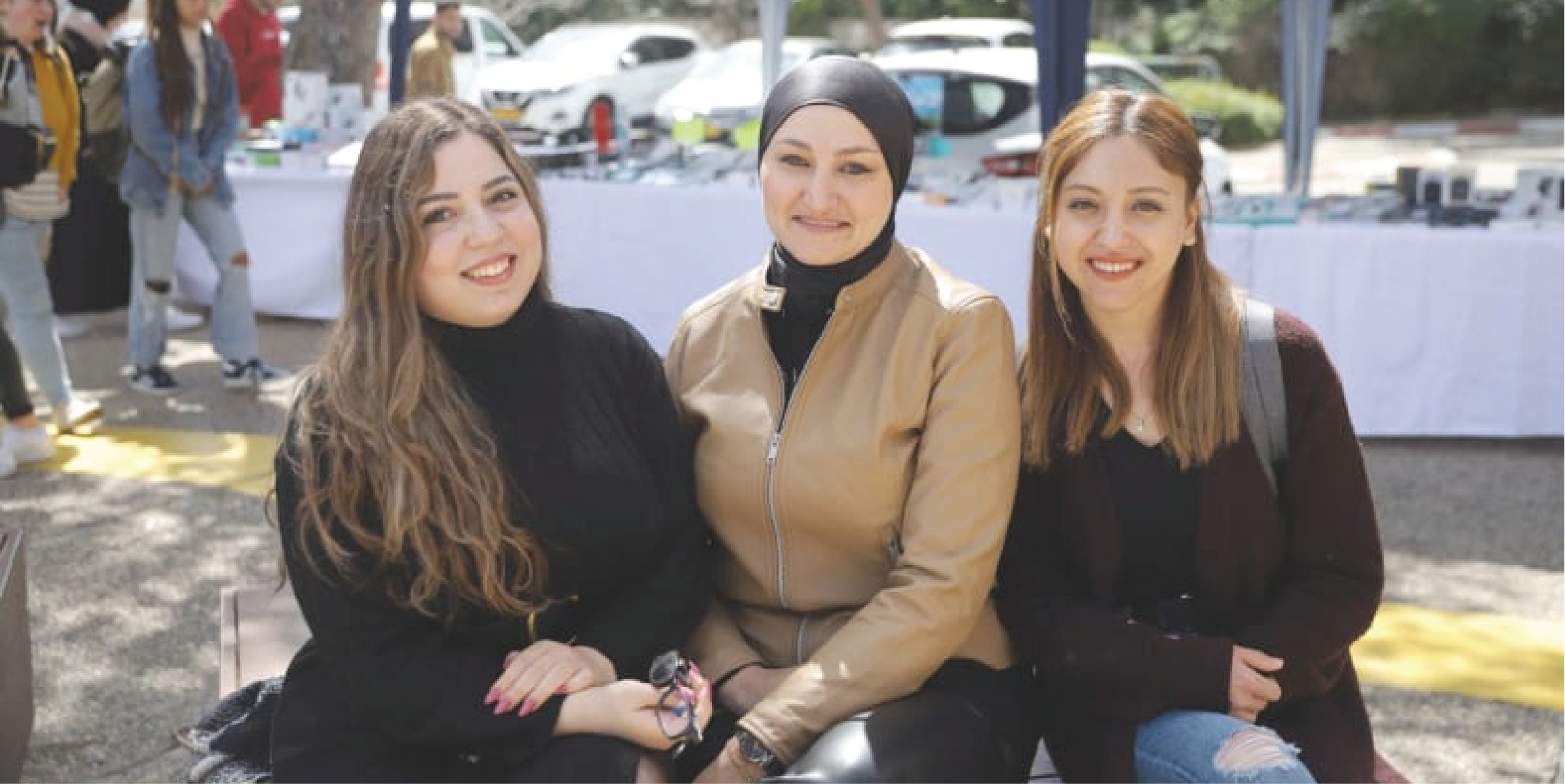
Over 2 Million Arabs Live In Israel
January 23, 2024In the complex landscape of the Middle East, where diverse cultures and identities intersect, Israe...
-
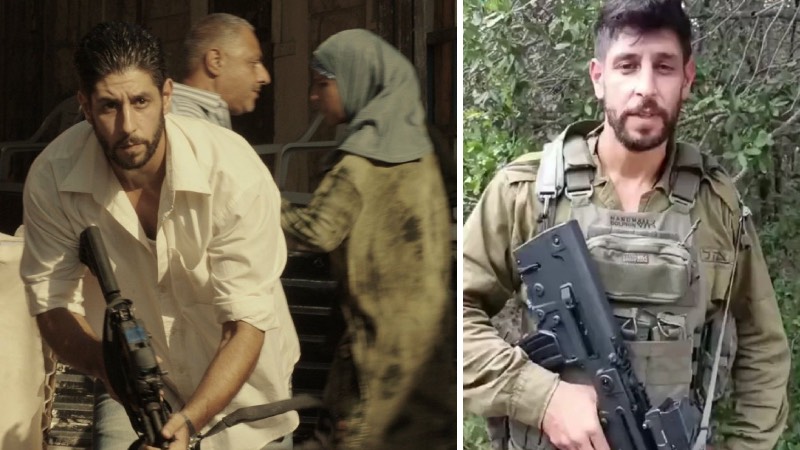
'Fauda' Star Idan Amedi Injured Fighting in Gaza
January 8, 2024Despite the severity of his injuries, Amedi's father assured Israeli news channels that his life is...
-
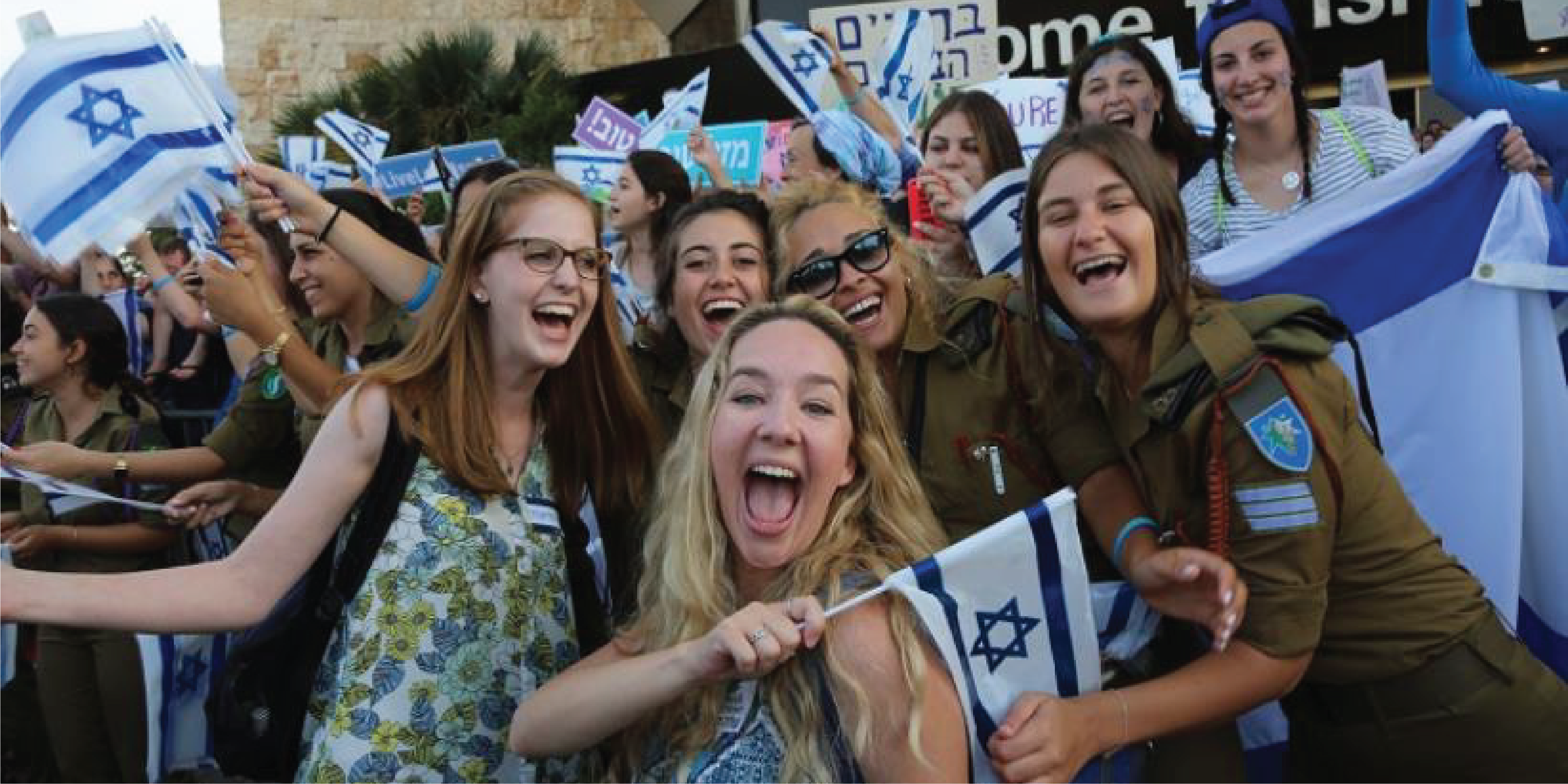
Israel Is A Great Country To Live In
December 28, 2023Nestled at the crossroads of the Middle East, Israel stands as a vibrant and dynamic nation, offeri...



















